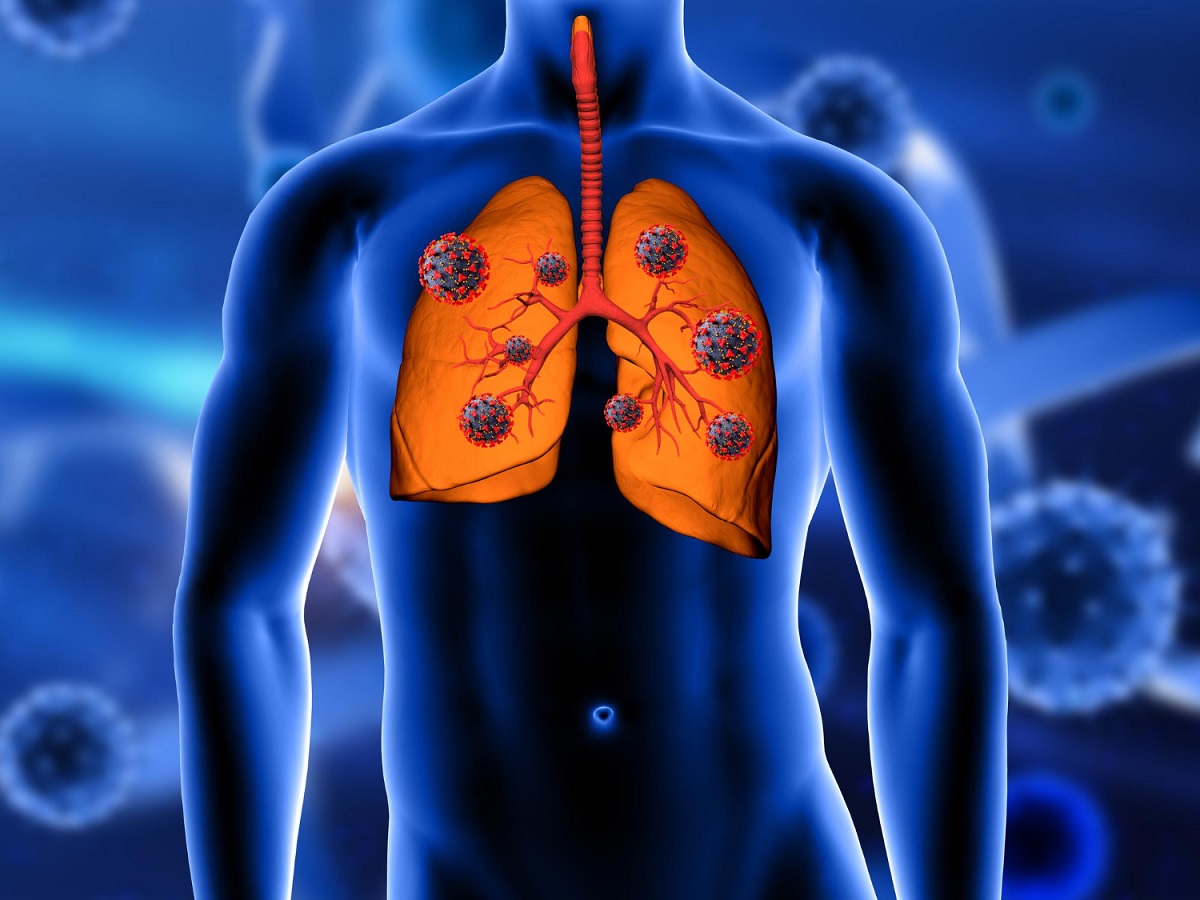KEY TAKEAWAYS
- The study aimed to explore nucleotide metabolism for molecular subtyping and identifying prognostic biomarkers in LUAD.
- Researchers identified nucleotide metabolism and AUNIP as key factors in LUAD progression and potential therapeutic targets.
Lung adenocarcinoma (LUAD), a predominant subtype of non-small cell lung cancers (NSCLC), continues to challenge treatment outcomes due to its heterogeneity and complex tumor microenvironment (TME). Dysregulation in nucleotide metabolism has been identified as a significant factor in tumorigenesis, suggesting its potential as a therapeutic target.
Dayuan Luo and the team aimed to focus on integrating bioinformatics tools to explore the molecular subtypes of LUAD based on nucleotide metabolism pathways.
They performed an inclusive analysis of LUAD samples from The Cancer Genome Atlas (TCGA), employing Non-negative Matrix Factorization (NMF) clustering, Weighted Correlation Network Analysis (WGCNA), and various machine learning techniques. They investigated the role of nucleotide metabolism in clinical features and the immune microenvironment through large-scale data analysis and single-cell sequencing.
Patients’ data were meticulously analyzed to correlate nucleotide metabolism-related genes with clinical outcomes. In vivo and in vitro experiments, including RT-qPCR, Western Blot, immunohistochemistry, and subcutaneous tumor formation in mice, were conducted to validate the functions of key nucleotide metabolism genes in cell lines and animal models.
Nucleotide metabolism genes classified patients with LUAD into 2 distinct subtypes with significant prognostic differences. The ‘C1’ subtype, associated with active nucleotide metabolism pathways, showed a poorer prognosis and a more aggressive tumor phenotype.
Furthermore, a nucleotide metabolism-related score (NMRS) calculated from the expression of 28 key genes effectively differentiated between patient outcomes and predicted associations with oncogenic pathways and immune responses.
By integrating various immune infiltration algorithms, researchers delineated the associations between nucleotide metabolism signature genes and the TME, characterizing their distribution differences at the cellular level through the analysis of a single-cell sequencing dataset related to immunochemotherapy.
The differential expression of the key nucleotide metabolism gene AUNIP was demonstrated to act as an oncogene, promoting LUAD cell proliferation and being associated with tumor immune infiltration.
The study concluded that nucleotide metabolism plays a pivotal role in LUAD progression and prognosis, with the NMRS identified as a valuable biomarker for predicting clinical outcomes and therapeutic responses. Specifically, AUNIP was recognized as a critical oncogene, presenting a promising target for the development of novel treatment strategies in LUAD.
This study was funded by the Natural Science Foundation of Hunan Province.
Source: https://pubmed.ncbi.nlm.nih.gov/39148731/
Luo D, Wang H, Zeng Z, et al. (2024). “Integrated bioinformatics analysis of nucleotide metabolism based molecular subtyping and biomarkers in lung adenocarcinoma.” Front Immunol. 2024 Aug 1;15:1430171. doi: 10.3389/fimmu.2024.1430171. PMID: 39148731; PMCID: PMC11324481.



